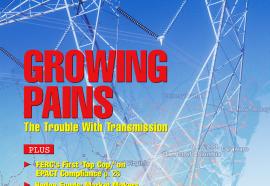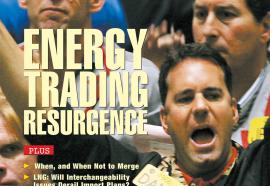Smackdown! Round Three - The Bankruptcy Court vs. FERC
The jurisdictional battle over authorizing rejection of wholesale power contracts continues.
The high stakes turf battle over whether FERC or the federal bankruptcy courts have jurisdiction over rejecting wholesale power contracts is now in its third round. Round one was fought in 2003 in the NRG bankruptcy case and ended in a settlement among the parties. Round two followed with the Mirant Chapter 11 case. Now punches and counterpunches are flying in round three: the Calpine bankruptcy.










